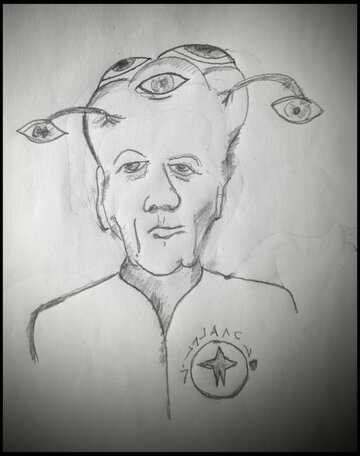smcder
Paranormal Adept
I think it's adequate in the sense that whatever one considers the phenomena of phenomenology to be, it is something that is perceived in some way, otherwise it would be irrelevant because we would not experience it. So an extensive examination of what perceptions are involved and who thinks this or that about them and whether or not they qualify isn't relevant to the point. The idea was to illustrate the concepts in a way that might better facilitate a common understanding.
Imagine a Venn diagram with two circles. Whatever one's position is on the phenomena of phenomenology, it can be taken and put inside one circle, and whatever ones position is on consciousness, it can be put inside another circle. Where the circles overlap we have phenomenological content. Hypothetically the circles do not have to overlap, in which case we can look at consciousness as "contentless". It seems to be the goal of some kinds of meditation to attain this state. I had hoped this idea would to bring the issue into sharper focus without all the extra baggage. It works for me, so I thought maybe it might help others.
"All the extra baggage" is what I consider the whole point of the discussion ... Otherwise we could just draw a big circle around everything and go home ...

 .
.

